Professional solutions on concrete addtives, Concrete Foaming Agent, Superplasticizer, CLC Blocks Additives, and foaming machine

Concrete Slab Repair Material
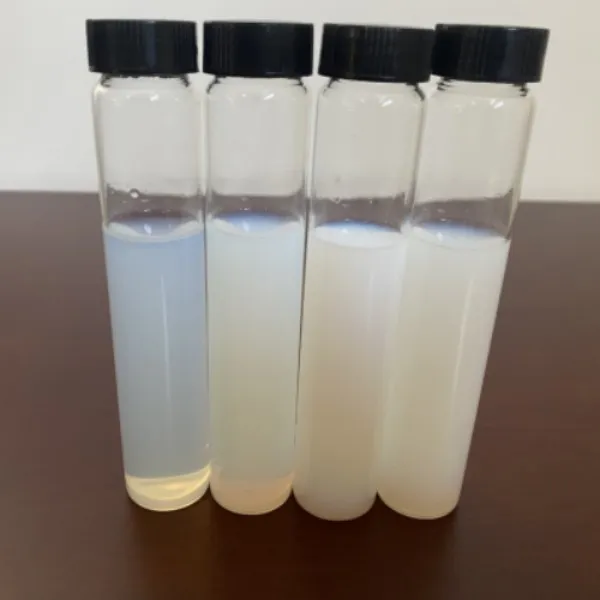
Silica Sol CAS No.: 14808-60-7 Silicon Sol
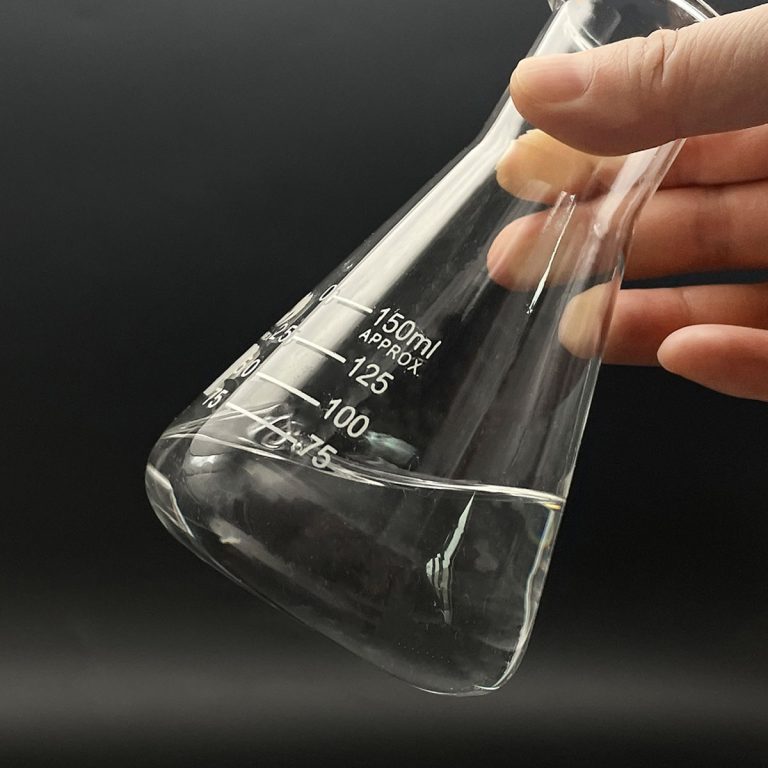
Liquid Potassium Silicate
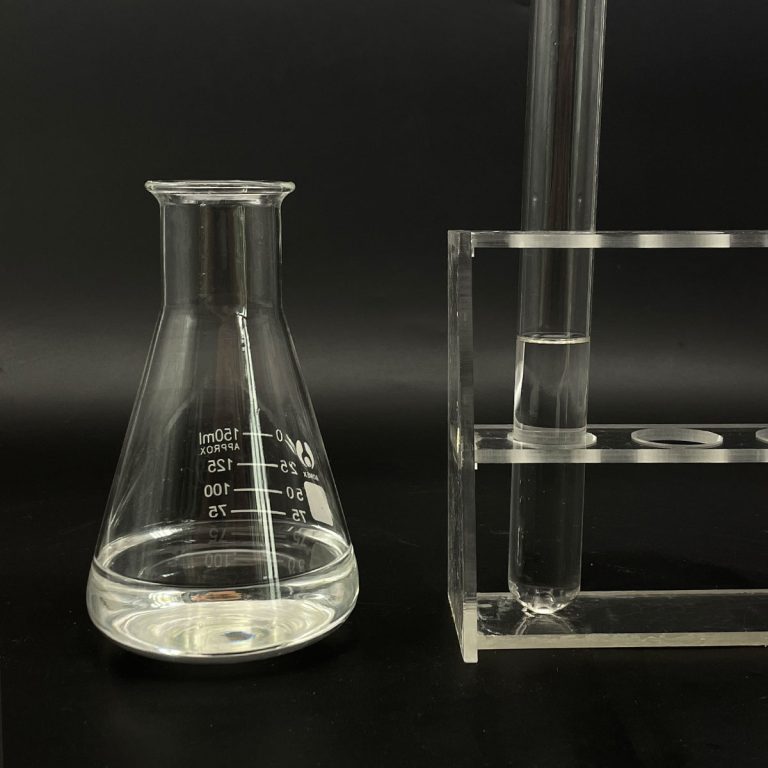
Liquid Lithium Silicate CAS 1312-76-1
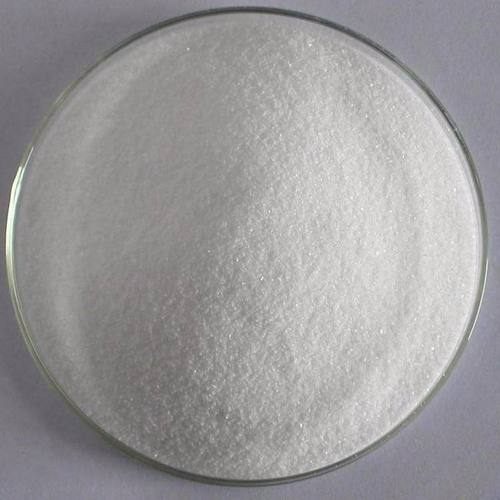
Sodium Silicate Powder
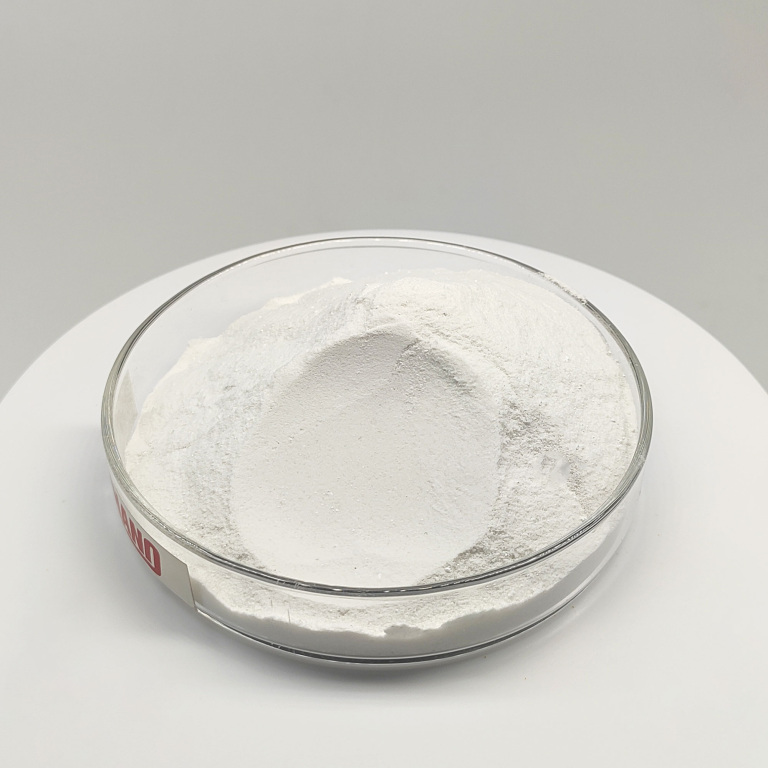
Instant Potassium Silicate
Introduction of Concrete Slab Repair Material
This section focuses on a series of high-performance concrete sealing, curing, and repair materials, primarily including potassium silicate, lithium silicate, sodium silicate, and colloidal silica. These materials utilize advanced chemical technology to penetrate deep into the concrete, reacting with cement hydration byproducts to significantly improve the strength, density, and durability of old floors. They are a core solution for repairing and upgrading concrete floors in industrial plants, warehouses, parking lots, and other areas.
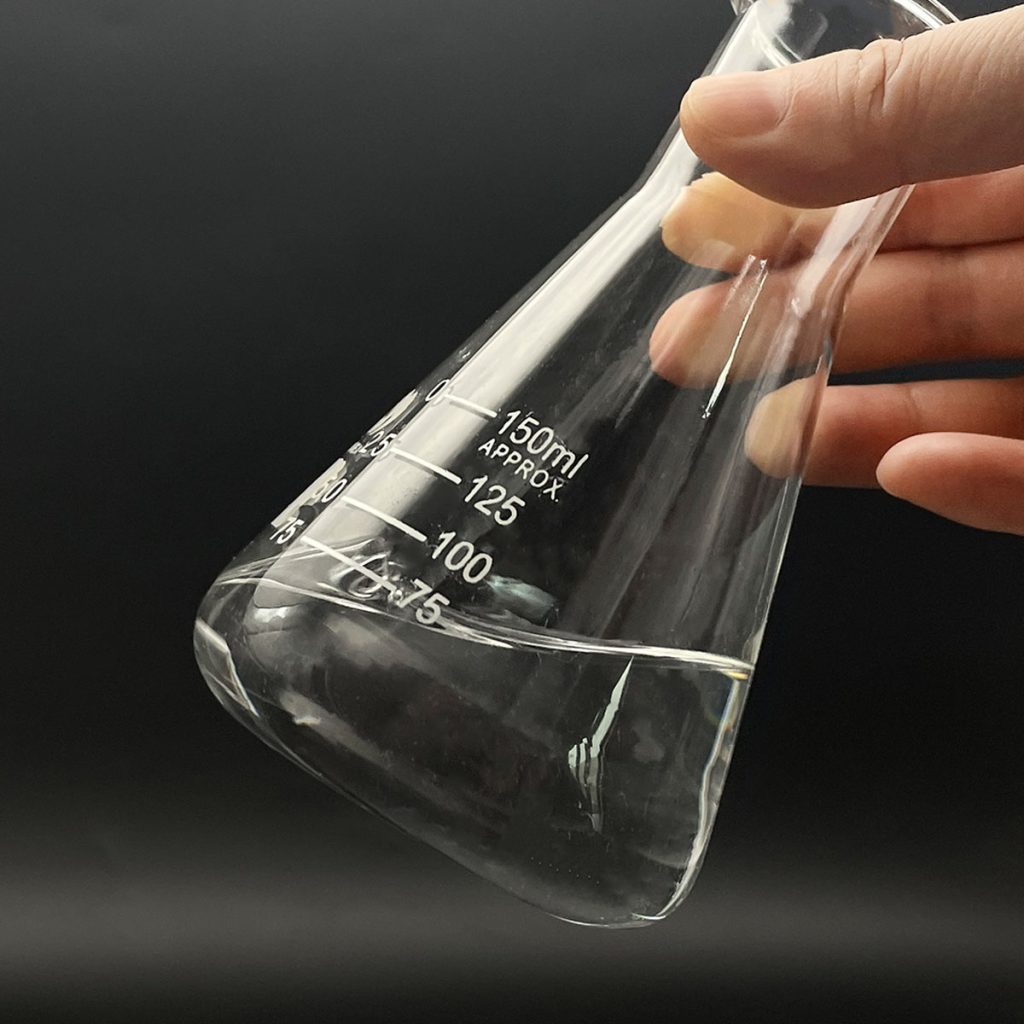
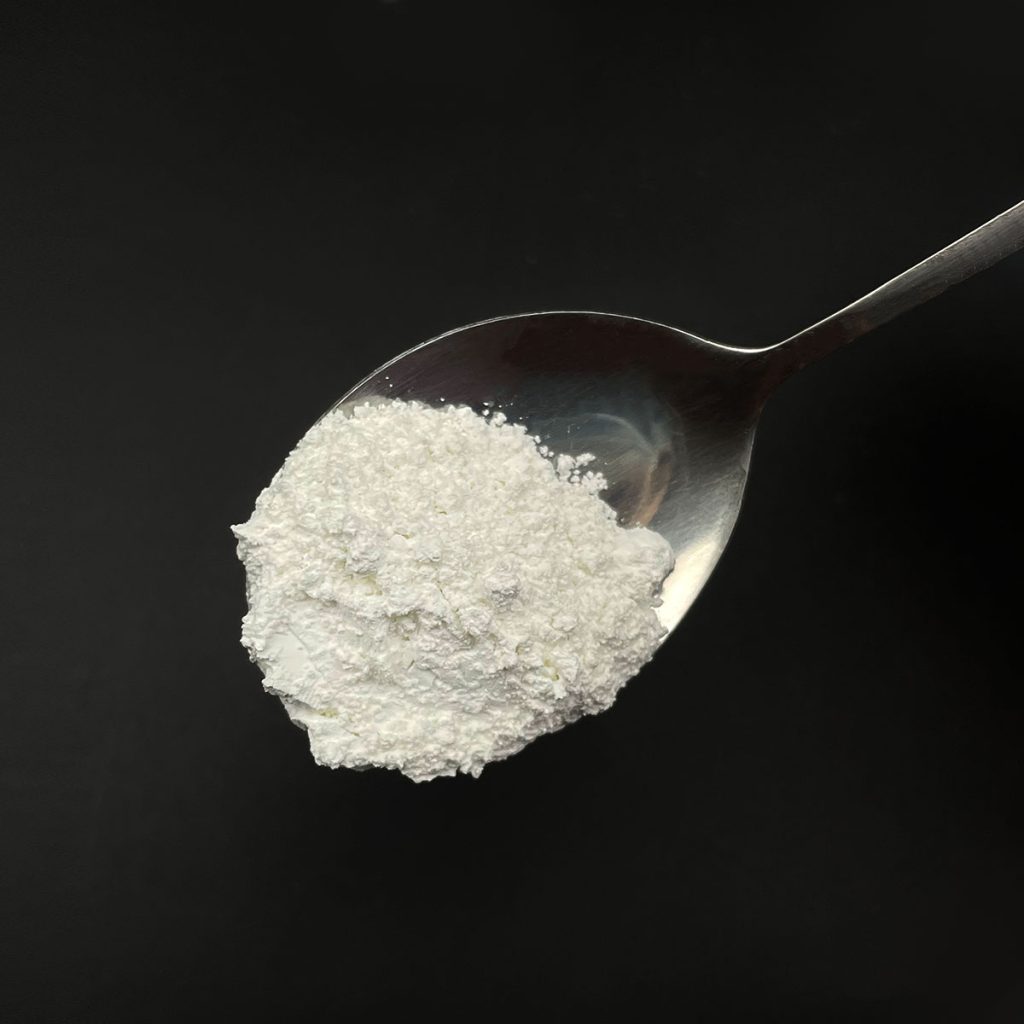
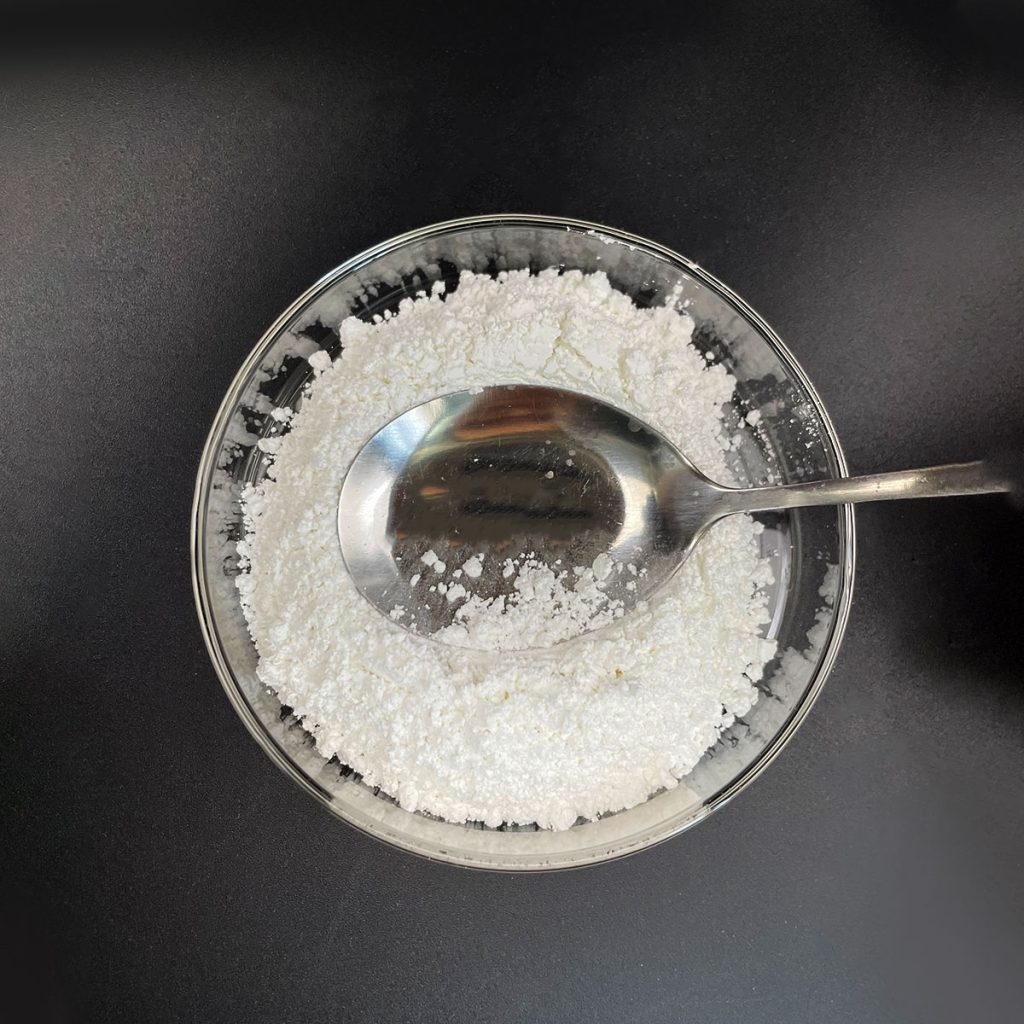
Features of Concrete Slab Repair Material
High-efficiency penetration, dual-action, environmentally friendly, and surface hardening.
The product quickly penetrates deep into the concrete pores; it reacts with free lime to form a stable gel and catalyzes the secondary hydration of unhydrated cement particles.
The product is non-toxic, odorless, and meets environmental standards. After the reaction, it permanently seals pores, creating a solid, dense surface.
Advantages of Concrete Slab Repair Material
Extremely wear-resistant, the treated floor has a high Mohs hardness. Permanently sealed, effectively resists oil, dirt, and chemical corrosion, completely preventing dust and sanding.
Brilliant gloss, after polishing, it achieves a permanent marble-like luster, reducing maintenance costs.
Double the lifespan, significantly extending the floor's service life, offering excellent overall cost-effectiveness.
Applications of Concrete Slab Repair Material
Renovation of old floors: Low-cost repair of sanded and powdered floors.
Industrial floors: Factories, workshops, logistics warehouses.
Commercial floors: Supermarkets, parking lots, shopping malls.
High-demand environments such as food factories, pharmaceutical factories, and electronics workshops, where cleanliness and durability are paramount.
Company Profile
Cabr-Concrete is the global leader in Low-Density Cellular Concrete (LDCC), Celluar Light Concrete (CLC), and advanced engineered foam solutions. Known globally for its commitment to research, innovation, and applied expertise, we have been providing engineered foam solutions since the early 2012’s.
We can supply polyethylene fibre (PVA fibre) all over the world. We have a professional technical department and quality supervision department, a well-equipped laboratory with advanced testing equipment and an after-sales customer service centre. Please send us an email or click on the required product to send an enquiry.
If you are looking for high-quality Concrete Slab Repair Performance Enhancement Materials, please feel free to contact us or click on the needed products to send an inquiry.
Packing & Shipping
Packing: 25kg/bag, 200 kg/barrel, 1000 kg/barrel, or as your request.
Shipping: could be shipped out by sea, by air, by express as soon as possible once payment receipt.
5 FAQs About Concrete Slab Repair Performance Enhancement Materials
Q: What are the main differences between potassium silicate and lithium silicate curing agents?
A: The main differences lie in performance and cost. Lithium silicate products have smaller molecules, penetrate deeper, react more completely, and achieve better hardness and gloss, but are more expensive. Potassium silicate offers a cost-effective and reliable option.
Q: Are there any application temperature requirements?
A: Yes. We recommend an application temperature between 5°C and 45°C. Temperatures that are too low will affect the material's penetration and reaction speed; temperatures that are too high may cause the material to evaporate too quickly, affecting deep-drying.
Q: How should I treat severely sanded, old floors?
A: For severely sanded floors, first thoroughly clean them. If necessary, use a milling machine or sander to remove the loose surface layer to expose a solid base. Then apply the curing agent to ensure optimal results.
Q: Do I need to rinse the floor after application? Why is there a sticky or white residue?
A: Yes. After the material has fully reacted with the floor (usually 2-4 hours after application), rinse the floor with clean water. Residue is a byproduct of the reaction between the material and impurities in the concrete. Rinsing thoroughly will ensure a clean floor and prevent stubborn white spots from forming in the future.
Q: Is the floor repair material waterproof and seepage-proof?
A: It can significantly improve the floor's impermeability. By permanently sealing pores, it effectively prevents liquids such as water and oil from penetrating the concrete. However, please note that it cannot replace professional waterproofing membranes or coatings for waterproofing projects involving open water or negative water pressure.
